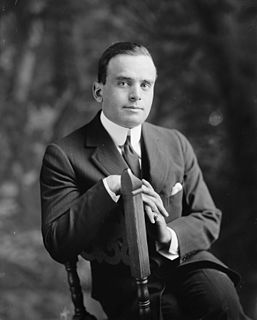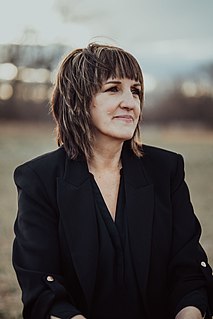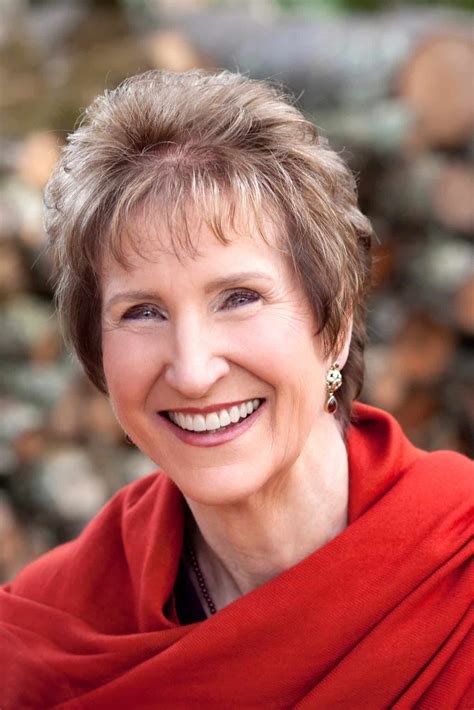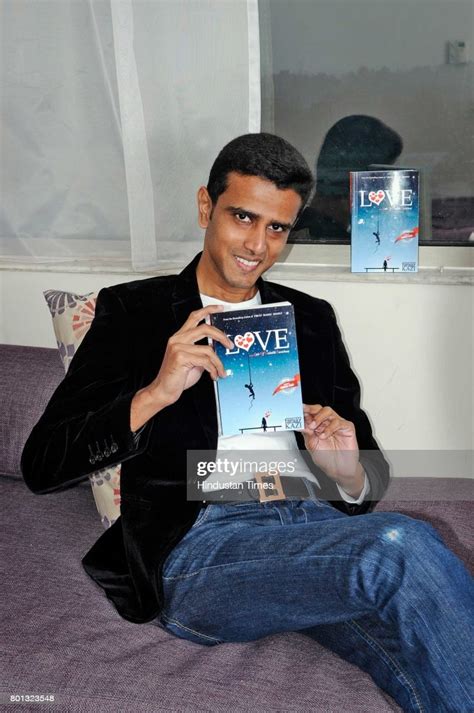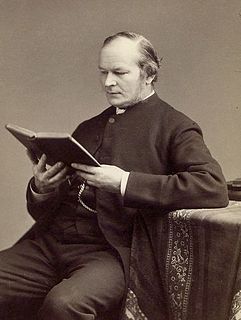A Quote by Douglas Fairbanks
We all have ambitions, but only the few achieve. A man thinks of a good thing and says: 'Now if I only had the money I'd put that through.' The word 'if' was a dent in his courage. With character fully established, his plan well thought out, he had only to go to those in command of capital and it would have been forthcoming.
Related Quotes
In the end, therefore, money will be the one thing people will desire, which is moreover only representative, an abstraction. Nowadays a young man hardly envies anyone his gifts, his art, the love of a beautiful girl, or his fame; he only envies him his money. Give me money, he will say, and I am saved...He would die with nothing to reproach himself with, and under the impression that if only he had had the money he might really have lived and might even have achieved something great.
It would perhaps not be amiss to point out that he had always tried to be a good dog. He had tried to do all the things his MAN and his WOMAN, and most of all his BOY, had asked or expected of him. He would have died for them, if that had been required. He had never wanted to kill anybody. He had been struck by something, possibly destiny, or fate, or only a degenerative nerve disease called rabies. Free will was not a factor.
It suddenly made sense. Only twice in his life had he felt this inexplicable, almost mystical attraction to a woman. He’d thought it remarkable, to have found two, when in his heart he’d always believed there was only one perfect woman out there for him. His heart had been right. There was only one.
This whole business of Trade gives me to pause and think, as it constitutes false relations between men; inasmuch as I am prone tocount myself relieved of any responsibility to behave well and nobly to that person who I pay with money, whereas if I had not that commodity, I should be put on my good behavior in all companies, and man would be a benefactor to man, as being himself his only certificate that he had a right to those aids and services which each asked of the other.
He ran as he'd never run before, with neither hope nor despair. He ran because the world was divided into opposites and his side had already been chosen for him, his only choice being whether or not to play his part with heart and courage. He ran because fate had placed him in a position of responsibility and he had accepted the burden. He ran because his self-respect required it. He ran because he loved his friends and this was the only thing he could do to end the madness that was killing and maiming them.
If untimely death came only those who deserved that fate, Keturah, where would choice be? No one would do good for its own sake, but only to avoid an early demise. No one would speak out against evil because of his own courageous soul, but only to live another day. The right to choose is man's great gift, but one thing is not his to choose--the time and means of death.
[He] looked up and imagined the hand of God flinging stars like shining dust across the heavens. No. He was wrong to think such pagan thoughts, for God had only to utter a word and it was done. Only man had He shaped with His hands, using the dust He created to form His most precious and amazing creation. Only man was molded and loved into being, the breath of life in his lungs given by God.
When he thought of her, it rather amazed him, that he had let that girl with her violin go. Now, of course, he saw that her self-effacing proposal was quite irrelevant. All she had needed was the certainty of his love, and his reassurance that there was no hurry when a lifetime lay ahead of them. Love and patience- if only he had had them both at once- would surely have seen them both through.
Long ago, when Harry had been left alone while the Dursley's went out to enjoy themselves, the hours of solitude had been a rare treat: Pausing only to sneak something tasty from the fridge, he had rushed upstairs to play on Dudley's computer, or put on the television and flicked through the channels to his heart's content. It gave him an odd empty feeling to remember those times; it was like remembering a younger brother whom he had lost.
Many people correctly make the point that our only hope is to turn to God. For example, Charles Lindbergh, who said that in his young manhood he thought "science was more important than either man or God," and that "without a highly developed science modern man lacks the power to survive," . . . went to Germany after the war to see what Allied bombing had done to the Germans, who had been leaders in science. There, he says, "I learned that if his civilization is to continue, modern man must direct the material power of his science by the spiritual truths of his God."
From this outer edge of his life, looking back, there was only one remorse, and that was only that he wished to go on living. Did all dying people feel this way, as if they had never lived? Did life seem that short, indeed, over and done before you took a breath? Did it seem this abrupt and impossible to everyone, or only to himself, here, now, with a few hours left to him for thought and deliberation?
Gogol remembers having to do the same thing when he was younger, when his grandparents died...He remembers, back then, being bored by it, annoyed at having to observe a ritual no one else he knew followed, in honor of people he had seen only a few times in his life...Now, sitting together at the kitchen table at six-thirty every evening, his father's chair empty, this meatless meal is the only thing that seems to make sense.
